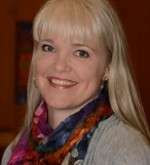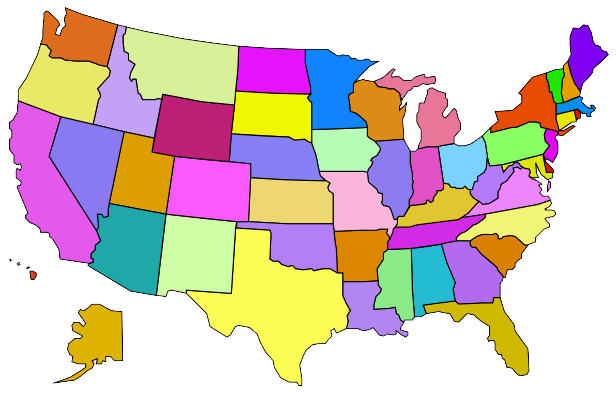I distinctly remember the start of my first school year after taking Level I. Armed with two weeks of Orff Schulwerk education, I was eager to recreate these experiences in my own classroom. I wanted to provide my students with meaningful Orff Schulwerk lessons that flowed with the same seamless artistry that had been modeled for me. In essence, I wanted music teacher “super powers” in my quest to channel the wisdom and experience of the teachers who had inspired me.
Alas, I did not have super powers, and I had to learn to balance my ideal goals with those that were more realistic. It simply was not possible to integrate all of my new learning at once. The lasting lessons of this balancing act have been the value of practice and patience. Does this sound familiar?
I discovered that starting with one new idea at a time allowed me to deepen my teaching practice. Building on each successful moment and refining those that did not go as well as I hoped, resulted in far better outcomes for my students. This approach kept me energized and engaged in the process.
In honor of the new school year, I invite you to consider granting yourself patience, and time to practice. In fact, the language we use to describe the Orff pedagogical process can be used as a guide to help us, as teachers, reflect and refine what and how we teach.
Preliminary Play:
- Read through course notes, or workshop handouts. What were your favorite experiences?
- Revisit favorite pieces or dances.
- Play through pieces in the Volumes and discover something new.
- Research a new folk or historical dance.
- Practice recorder or xylophone and try playing for your students as they move.
- Watch dance videos and decode movement vocabulary that you might be able to use later.
- Take a dance class, or music lessons.
- Read poetry, look at art, and listen to music. Find inspiration!
Imitate:
- Which course or workshop lessons resonated or inspired you last summer? Choose a favorite to try in your classroom, adapting it to fit the needs of your students and curriculum. Discover what works with your individual style and build on that success.
- Is there a teaching style that inspired you? Try it out with a lesson that you already know.
Explore:
- What could you add to your current teaching repertoire? Push yourself to try something new: a movement activity, folk dance, body percussion piece, Volumes piece, or…?
o Try something new with something old.
o Transfer a melody to different media (e.g., play a song after singing it).
o Transpose a melody to a new tonality.
o Add a poem to extend a song, rhythm, or melody.
o Or…?
Improvise:
- Find opportunities to expand existing lessons by adding improvisation structures. Discover the developing musicianship of students by giving them a chance to demonstrate their learning.
- Teaching is an improvisational art – open doors to new ideas and take a risk now and then. This can be as simple as saying, “Yes, let’s try it!” when a student offers an unexpected idea. Sometimes taking a step outside of our comfort zone results in an outcome far more satisfying, exciting, and artistic than expected. (This is also the place where we as teachers will learn and grow the most.)
- Practice improvising melodies for your own professional development. You may end up creating something beautiful that can be used in the classroom!
Create:
- Nurture yourself as an artist. Engage your personal creativity through the process of teaching.
o Create a new lesson process based on something that inspires you.
o Write an arrangement or new orchestration.
o Write a text that brings a melody to life in a new way.
o Or…?
Reflect:
- How did you collaborate with students, and what questions did you ask?
- What new musical behaviors did students demonstrate?
- How did students demonstrate musical understanding?
- When did students have opportunities to apply their learning in a new way?
- What did you learn from or about students when you tried something new?
- Consider keeping a journal to record observations and ideas throughout the year.
As we venture into the new school year, I challenge each one of us to:
- Try something – at least ONE thing that is new.
- Try something that scares you because you need to work on it.
- Try a little, or try a lot – but try.
- When in doubt, do what you know you already do well.
- Set reasonable goals.
- Be patient and practice.
- Take time to reflect, and assess what you and your students have learned.
The work of an Orff Schulwerk teacher is never done. The endless possibilities for learning and creating are part of what we love. Too many changes at the same time can be our downfall if we try to take on too much at once. Set realistic goals, and keep in mind that we sometimes learn the most from something that doesn’t go quite right the first time.
Cheers to all of you creative colleagues across the country!
Your students are lucky to be learning WITH you.
“It’s not the load that breaks you down, it’s the way you carry it.” – Lena Horne

